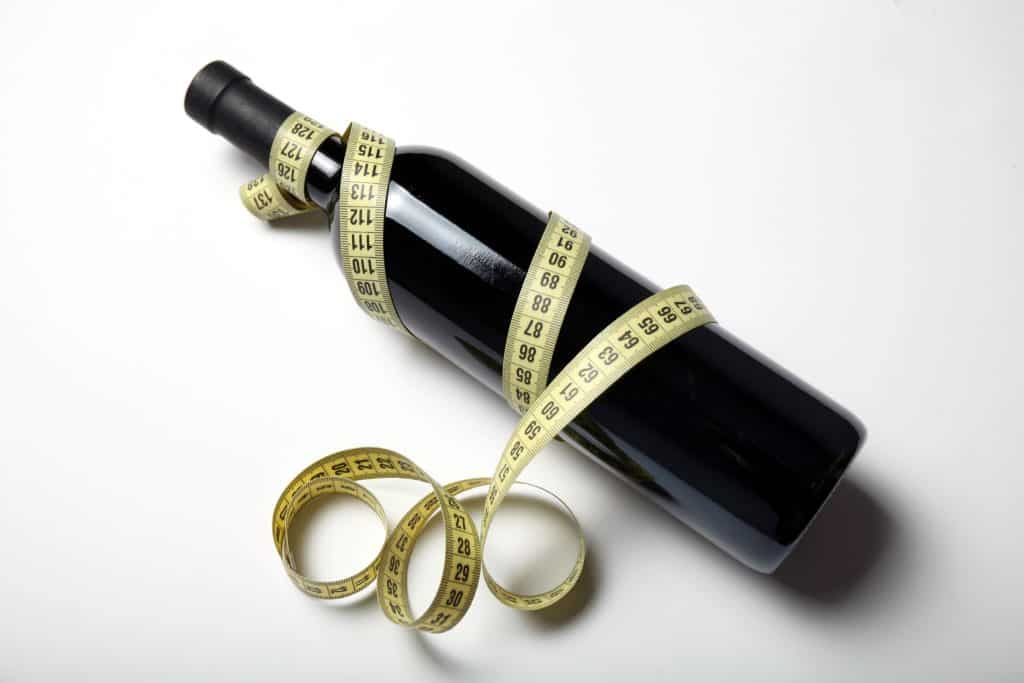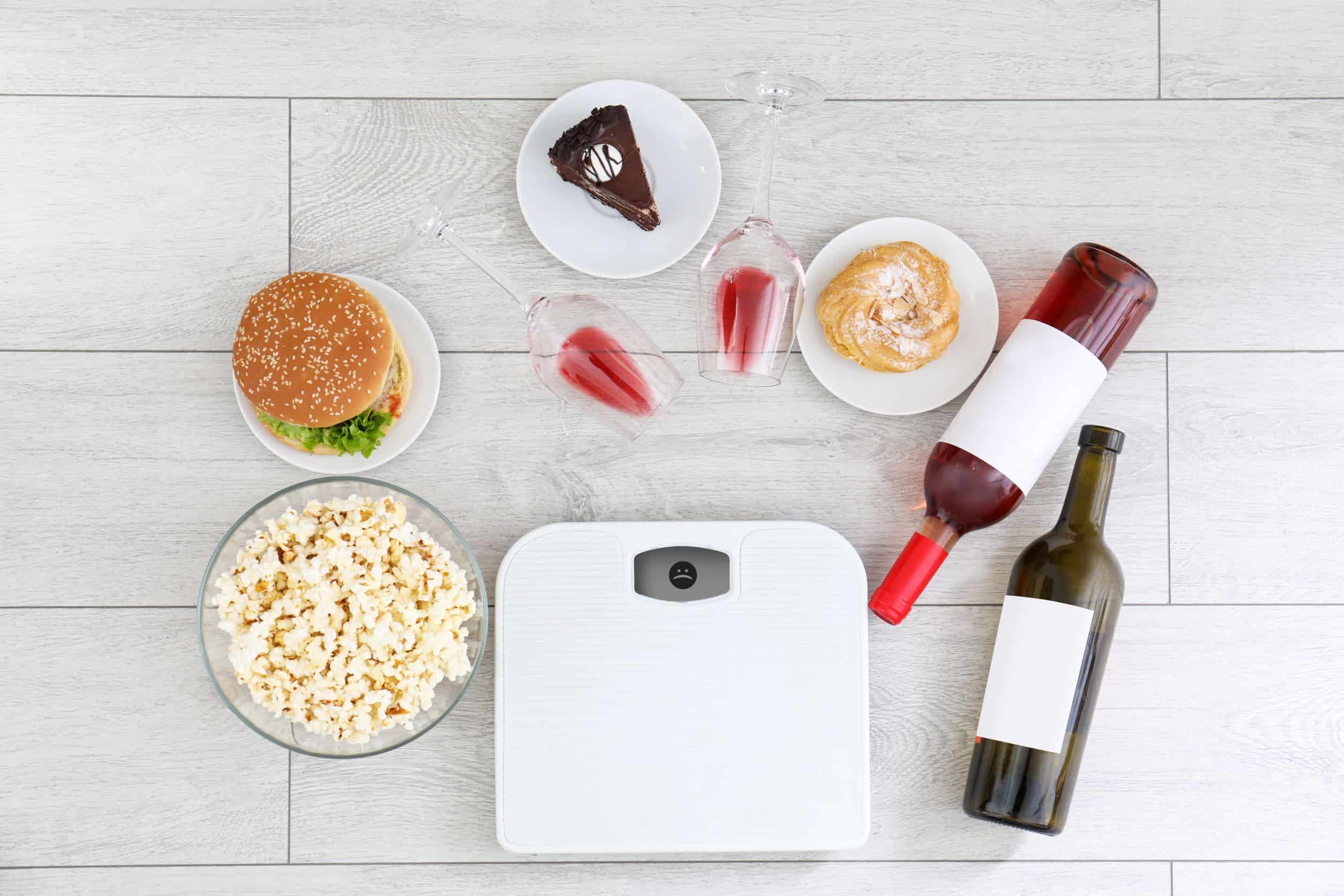One of the most beneficial things you can do for yourself is to maintain a healthy weight. After all, being overweight puts you at risk for various health problems that can shorten your life.
You can lose weight by doing a variety of things. However, losing weight requires understanding your own body, daily routine, and your habits. In particular, your alcohol drinking habits, have a massive influence on your weight loss program. As studies have shown that alcohol consumption is indeed detrimental to weight loss, and here’s why.
- Alcohol Does Not Have Nutritional Value
As stated earlier, drinking alcohol can put your health at risk. Not only is it very addicting, but it also has a high-calorie content.
Moreover, the calories in some alcohol have less carbohydrates, protein, fat, vitamins, and minerals, which are necessary for bodily function. This is because alcoholic beverages mainly consist of water, alcohol (ethanol), and different amounts of sugar. All of these components don’t benefit the body. Hence, consuming alcohol isn’t a good idea if you’re planning to lose weight. Here’s a recommended reading explaining the benefits of giving up drinking alcohol.
- The Body Uses Alcohol As An Energy Source
Alcohol can be the body’s energy source because it is a kilojoule-containing substance, and the body uses kilojoules on a daily basis. To further clarify, each gram of alcohol has 29 kilojoules (7 calories) in it. This is more than the kilojoules content of protein or sugars which has 17 kilojoules or (4 Calories), albeit lower than fat with 37 kilojoules or (9 Calories).
Since alcohol has a high energy per gram, it will be the body’s first choice to consume as an energy source. And as a result, other macronutrients will be subsequently stored as fat for eventual energy consumption, because the body uses alcohol as its primary fuel.
This is contrary to the main point of weight loss which is to force the body to consume fat as a primary fuel among other energy sources.
- Alcohol May Mess With Your Bodily Functions
As you may already know, alcohol consumption has several effects on one’s bodily functions. Here are some examples of the harmful effects of alcohol on bodily functions:
- It reduces the movement of substances in the gastrointestinal tract pancreas, inhibiting the breakdown of nutrients necessary for weight regulation, thereby slowing down weight loss.
- It causes the pancreas to create poisonous compounds, which can develop into pancreatitis, a life-threatening inflammation of the pancreatic blood vessels that hinders digestion.
- Even a miniscule amount of alcohol causes your stomach to create more acid than usual, leading to gastritis (the inflammation of the stomach lining). This causes stomach pain, vomiting, diarrhea, and sometimes bleeding for heavy drinkers.
These adverse effects can have a negative impact on your weight regulation, which in turn can impede your weight loss journey by slowing it down or completely invalidating your efforts.

- Drinking Alcohol Can Lead To Sleep Problems
Losing sleep when dieting has been found in studies to impede weight loss and encourage overeating. Studies also show that people who sleep too much are more likely to become obese.
In short, oversleeping comes with a slew of hazards and issues that go far beyond weight gain. One may even argue that sleep is essential for your weight loss journey.
Therefore, getting the correct amount of sleep is essential for a healthy body. If you enjoy drinking alcohol, you should cut down on your consumption. This is because while alcohol does contain sedative properties that can make you feel sleepy and relaxed, it has also been related to poor sleep quality and duration, especially when consumed in excess.
- It Becomes Harder To Control Your Cravings When Intoxicated
Getting intoxicated will make it difficult to have a healthy diet as the brain is one of the most affected parts when you get drunk. The substance disrupts the brain’s communication connections, altering the way it should function. These disruptions can influence mood, impair the brain’s behavioral inhibitory areas, and make it much more difficult to think clearly.
This would explain why alcohol tends to cause people to act without thinking rationally, leading them to participate in careless behavior such as overeating.
Conclusion
Before drinking alcohol, most people are already aware of how it can harm their body. Not only can it cause poor sleep quality and overeating, it can also lead to liver damage and impaired brain function, all of which are harmful to the body. But due to its relaxing effects, some people still take the risk of alcohol consumption. But with this article, you should now be aware how alcohol can affect your efforts to lose weight. And hopefully, this information can encourage you to take caution when drinking alcohol.







